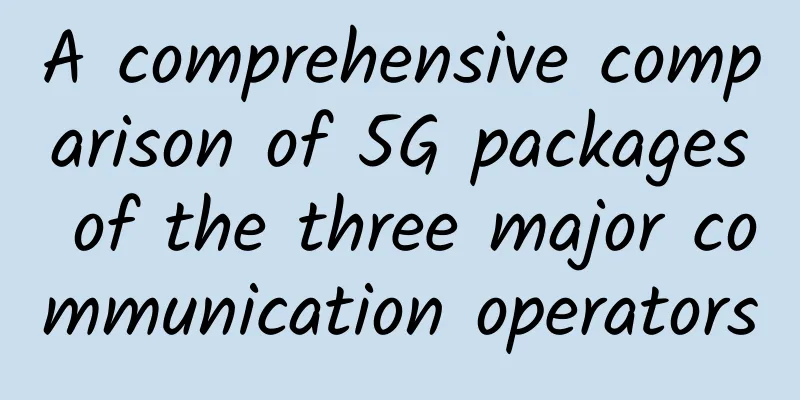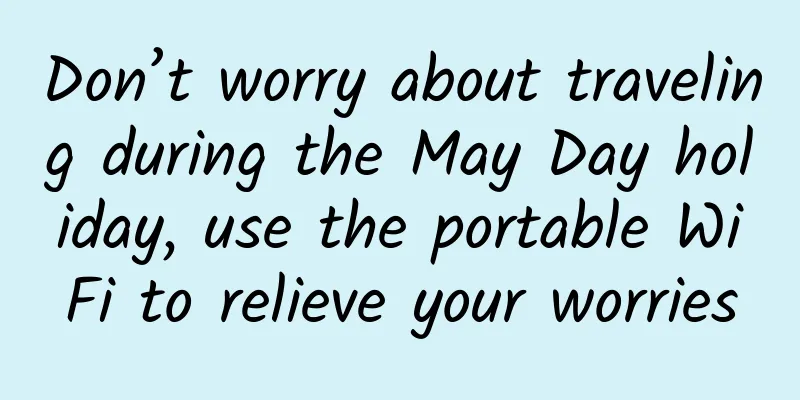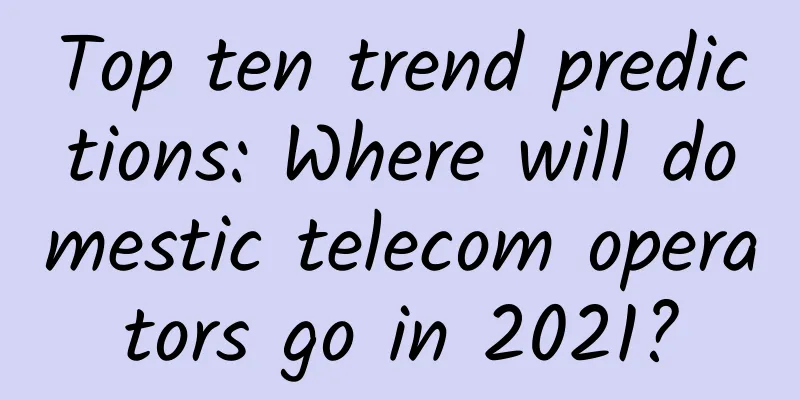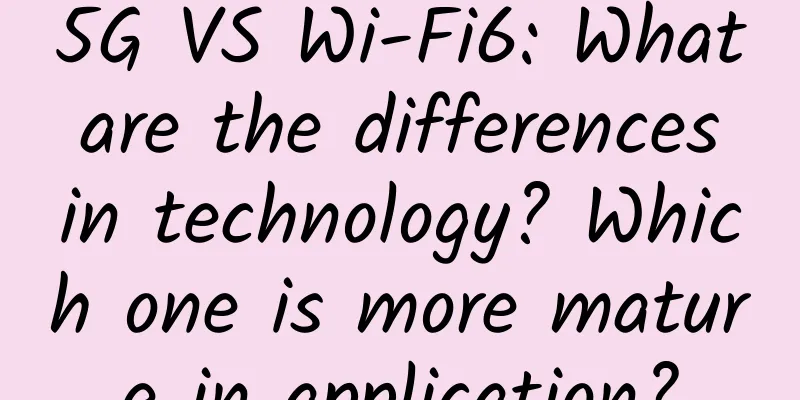A comprehensive comparison of 5G packages of the three major communication operators

|
Unlike the fierce price competition in the 3G and 4G eras, after entering the 5G era, the three major telecom operators began to shake hands and make peace at the request of the competent authorities, and the tariff policies they introduced basically no longer have obvious price differences.
Of course, the operators had been fighting each other to death before because there were hard indicators such as relevant KPIs and market share hanging over their heads. If they did not compete for the market, how could they achieve various KPIs? Fortunately, in the 5G era, the competent authorities have finally realized this development drawback. At the same time, considering that the communications market is already a stock market, the market share and KPI assessments have been cancelled. Everyone has sincerely focused on improving user service quality and optimizing network quality. For example, the 5G packages launched by the three major telecom operators are divided into six levels from 128 to 399 yuan. In fact, the contents of the packages of the same level are basically the same. Except for China Mobile's emphasis on the difference between domestic and international calls, China Telecom and China Unicom are almost the same in terms of call minutes. The specific traffic of each package of the three operators is exactly the same. In other words, for ordinary consumers, if they need to make frequent international calls, it is more cost-effective to choose China Mobile; if they just need ordinary domestic calls and Internet access, China Telecom and China Unicom packages are free to choose. However, there is no difference in the package value, and the key to market competition lies in the services and network quality provided by operators. For example, the package selection of China Unicom and China Telecom is influenced by the difference in customer service between the two companies and the specific network coverage, Internet speed and experience. Although China Telecom and China Unicom have fully implemented co-construction and sharing in the 5G era, and theoretically have the same network coverage and quality, the difference in their respective service systems has become the key to user selection. It is reported that as of October this year, my country has opened more than 700,000 5G base stations, of which China Mobile has opened 390,000 5G base stations nationwide, and China Telecom and China Unicom have built more than 310,000 base stations. Relatively speaking, the network coverage is mainly arranged in the order of China Mobile>China Telecom>China Unicom, but if the service quality is taken into account, it cannot be simply stated. So, in a word, the key to 5G user competition is no longer the package content and price, but the network and service value outside the package. In your opinion, which operator's network quality and service quality do you most approve of? If you want to switch to 5G, which package would you prefer? |
<<: Microsoft redesigns the calling interface in Teams
Recommend
This article teaches you how to use C code to parse a network data packet?
[[416402]] The purpose of this article is to rand...
7 IT reorganization mistakes to avoid
The way IT operates is changing constantly and ra...
How to use big data well? Liu Jianhui of 51 Credit Card reveals the way to advance big data application products
[51CTO.com original article] The Global Software ...
10gbiz New Year Promotion: Hong Kong/Los Angeles CN2 GIA line VPS 40% off $2.75/month, Bare Metal Server 58% off
10g.biz has launched its 2022 New Year event. In ...
Accelerating 5G standardization requires coping with the complexity of test scenarios
The fifth generation of mobile communication tech...
Hostaris: £18/year-2*AMD Epyc 7401P/2GB/50G NVMe/4TB/Germany data center
Hostaris is a foreign merchant with a relatively ...
Developing strategies at the data center level
Data centers are the infrastructure for modern bu...
RedCap Will 5G spark an IoT gold rush?
A scaled-down version of 5G could spark a surge i...
Tencent has already surpassed the three major operators in seconds, and it may be time to stop letting the fish grow
Since 2015, the regulatory authorities have vigor...
AT&T's plan to shut down its 3G network has been repeatedly blocked. The security industry says it will cause public safety risks.
[[422256]] AT&T's plan to shut down its 3...
Understanding the 5G industry chain in one article
Hello everyone, I am Xiaozaojun. Today I would li...
Detailed explanation of TCP data segment format + UDP data segment format
TCP Message Format TCP (Transmission Control Prot...
Frontier | The Internet of Vehicles security ecosystem is taking shape
Internet of Vehicles Security Requires a Platform...
Edge computing in 5G
01/ Introduction Edge computing is a computing pa...
Shenzhou Cloud Technology releases dual-track ultra-high availability architecture to strengthen the foundation of the IT infrastructure
On December 21, 2022, "Architecture Disrupti...









